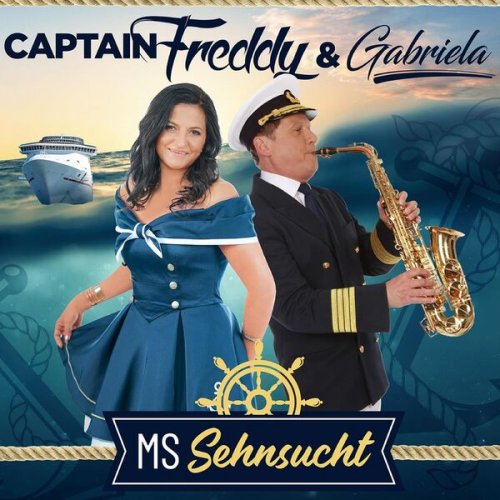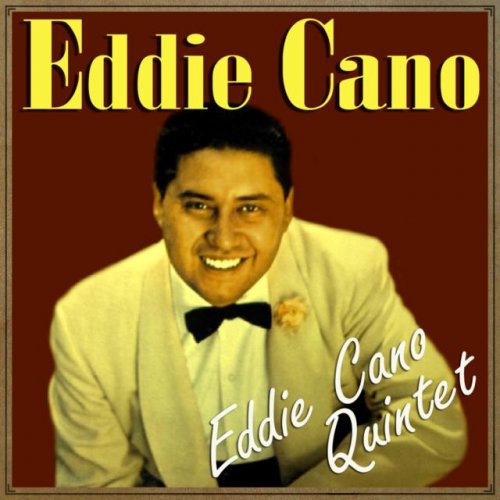Dinah Washington - The Queen Sings Jazz (Jazz Archives № 145) (1999)
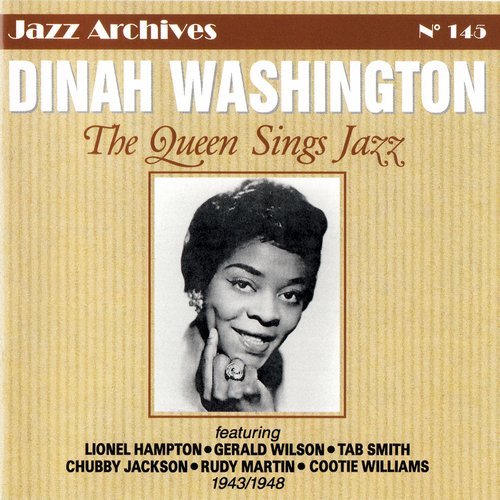
Artist: Dinah Washington
Title: The Queen Sings Jazz (Jazz Archives № 145)
Year Of Release: 1999
Label: EPM Musique
Genre: Vocal Jazz
Quality: FLAC (tracks+.cue, log, Artwork)
Total Time: 01:01:27
Total Size: 146 MB
WebSite: Album Preview
Tracklist:Title: The Queen Sings Jazz (Jazz Archives № 145)
Year Of Release: 1999
Label: EPM Musique
Genre: Vocal Jazz
Quality: FLAC (tracks+.cue, log, Artwork)
Total Time: 01:01:27
Total Size: 146 MB
WebSite: Album Preview
01. Homeward Bound (2:51)
02. Embraceable You (2:55)
03. I Can't Get Started with You (2:46)
04. The Man I Love (2:58)
05. You Didn't Want Me Then (2:32)
06. Mean and Evil Blues (1:54)
07. Stairway to the Stars (3:00)
08. I Want to Be Loved (2:53)
09. You Can Depend on Me (2:44)
10. Since I Fell for You (2:41)
11. I'm Afraid of You (2:50)
12. I Love You, Yes I Do (2:39)
13. Don't Come Knocking at My Door (2:54)
14. No More Lonely Gal Blues (2:49)
15. Ain't Misbehavin' (2:50)
16. Pete (2:23)
17. I'm Getting Old Before My Time (2:58)
18. I Want to Cry (3:11)
19. Long John Blues (3:11)
20. I'll Wait (3:05)
21. It's Funny (2:37)
22. Why Can't You Behave? (2:46)
It was around 1954 that some big cheese in the recording industry began squeezing Dinah Washington's music into delineated columns labeled "blues," "jazz," and "pop." While these categories might have been useful for certain marketing purposes, such artificial boundaries may in fact create more confusion than clarity. Anybody who has listened to a lot of Dinah Washington knows that even under the most impossibly square or over-arranged circumstances this woman was always a jazz singer at heart. Her approach to the blues, jazz ballads, or lightweight pop tunes was uniformly dazzling, her presence so arresting and substantial as to outweigh a full dozen run-of-the-mill vocalists from any given genre. Emarcy's marvelous double LP The Jazz Sides emphasized the solid wonderment of hearing her sing with real jazz players during the 1950s, but Washington was singing jazz and blues in the recording studio as early as 1943. This Jazz Archives compilation lightly touches upon her groundbreaking Keynote session with Lionel Hampton from December of that year but focuses mainly upon her adventures as guest vocalist with no less than ten different bands between the years 1946 and 1948. It would be interesting to know which labels these records originally appeared on, but Jazz Archives doesn't provide that information. A pair of ballads recorded in Chicago during January of 1946 finds the singer backed by trombonist Gus Chappell's Orchestra. Later that year, she had the opportunity to work with ensembles led by Gerald Wilson and Talmadge "Tab" Smith. Her collaboration with bassist Chubby Jackson and members of the Woody Herman band yielded two stunning songs of romance and desire. During the autumn of 1947 Washington sat in with small groups led by pianists Rudy Martin and Teddy Brannon, waxing a lovely version of Buddy Johnson's "Since I Fell for You." Some of these performances seem comparable to Nat King Cole's work from this same time period. Sitting in with a band led by tenor saxophonist Dave Young, Washington bade farewell to Chicago in December of 1947 with a sassy opus simply entitled "Pete." This compilation closes with half a dozen examples of this versatile singer's session work in New York during the first nine months of 1948, variously involving the Cootie Williams Orchestra, a rather sedate sextet playing arrangements written by oboist Mitch Miller, and a quintet entirely composed of unidentified players who backed her on the "Long John Blues," a sexually charged novelty describing a friendly dentist and his delightful "drill." As sort of a premonition of pop records yet to come, an oozy vocal group is heard behind the singer on "Why Can't You Behave?" Such confectionary trappings would gradually accumulate until by the last few years of her life Washington was being sold to an audience who may have been entirely unaware of her magnificent jazz background. Her records from the 1940s are delicious and filling, with almost no artificial sweeteners.
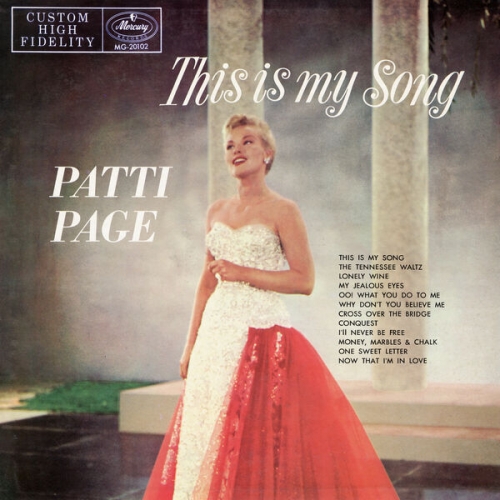

![Vince Guaraldi & Bola Sete - From All Sides (Remastered 2026) (1965) [Hi-Res] Vince Guaraldi & Bola Sete - From All Sides (Remastered 2026) (1965) [Hi-Res]](https://www.dibpic.com/uploads/posts/2026-02/1772124624_cover.jpg)
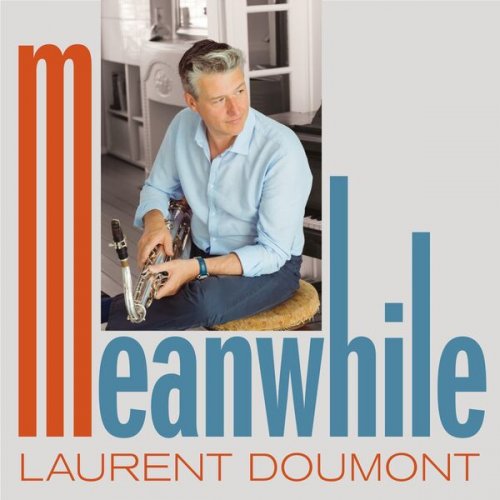
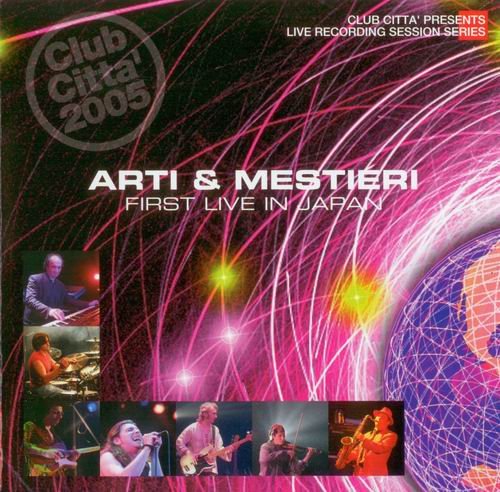
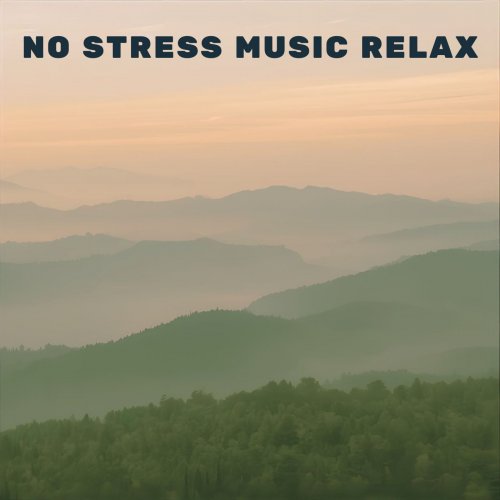
![Alcides Neto - Amú (2026) [Hi-Res] Alcides Neto - Amú (2026) [Hi-Res]](https://img.israbox.com/img/2026-02/26/mtckmw6jmvula60sukh6h3h26.jpg)
